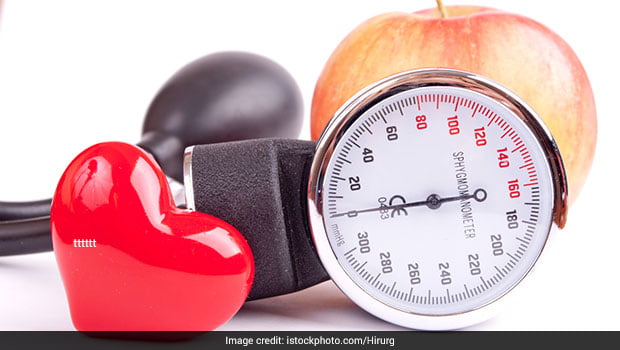

High blood pressure, also known as hypertension, is one of the biggest health concerns in the world with close to 7.5 million deaths associated with the lifestyle ailment all across the globe. According to the official WHO data, high blood pressure causes close to 12.8% of total deaths in the world. It is also one of the primary reasons behind some of the leading and severest of cardiovascular ailments like heart attack, heart failure and stroke among others.
The normal range of blood at rest is measured between 100-140 millimeters mercury (mmHg) for systolic pressure and 60-90 (mmHg) for diastolic pressure. A person is said to have hypertension when the blood pressure range exceeds the ones mentioned above. As lifestyle and non-communicable diseases continue to rise at an alarming rate, experts suggest the total number of people with hypertension across the globe to shoot up to a whopping 1.56 billion by the year 2025. While maintaining a healthy lifestyle and exercising regularly are some of the primary ways to keep lifestyle diseases in check, this article sets out to understand ways through which Ayurveda can help alter your diet to tackle high blood pressure.
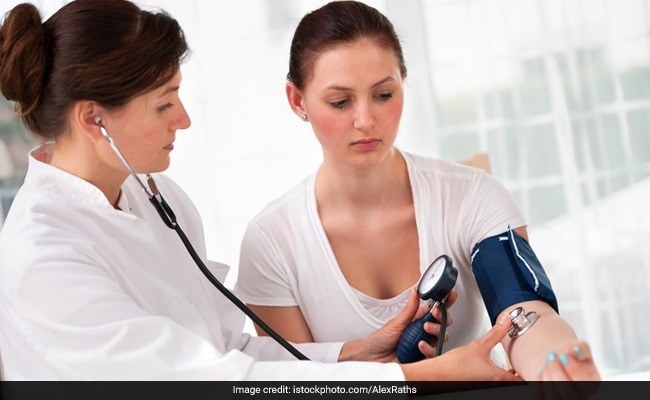
High blood pressure is one of the reasons for heart attack.
Contents
High Blood Pressure Diet – Ayurveda’s Take
“Blood pressure increases due to increased viscosity of blood, increased velocity or constriction due to decreased diameter of the blood vessel,” notes Ayurveda expert Vasant Lad in his book, The Complete Book of Ayurveda Remedies.
According to Ayurveda, people who suffer from hypertension must avoid pitta-provoking foods that would include salty foods, oil-laden items, fatty and spicy foods. Take a look at some of the blood pressure pacifying ingredients and food groups and how Ayurveda teams some of them to arrive at blood pressure lowering home remedies.
Magnesium and potassium rich foods
“Magnesium and potassium are excellent for managing high blood pressure. If you have high blood pressure, you must increase your intake of ingredients like green leafy veggies, bananas, beetroot and other items that are high in magnesium and potassium,” noted Yoga and Ayurveda expert, Yogi Anoop, Mediyoga.
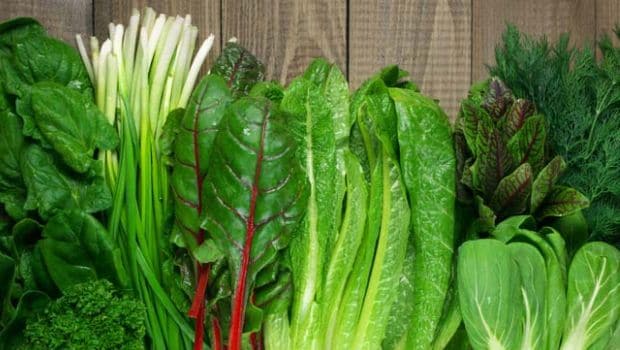 You must increase your intake of green vegetables if you have high blood pressure.
You must increase your intake of green vegetables if you have high blood pressure.Honey
A teaspoon of honey can be teamed with 5-10 drops of apple cider vinegar in a cup of warm water. Have it regularly on empty stomach to tackle hypertension.
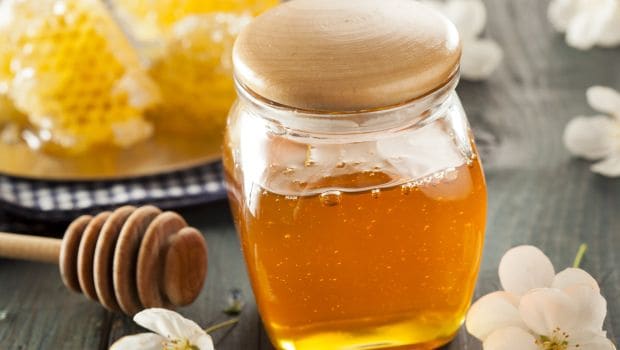 Honey can help to tackle hypertension.
Honey can help to tackle hypertension.Moong dal
Ayurveda suggests consuming moong dal with fresh coriander leaves and a pinch of cumin and turmeric. Moong dal is a good vegetarian source of potassium, therefore excellent for reducing high blood pressure.
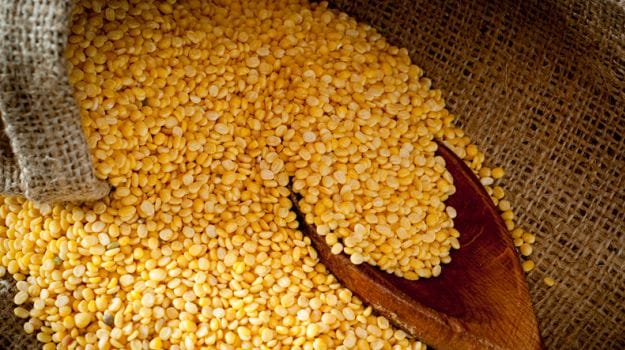 Moong dal is a good vegetarian source of potassium.
Moong dal is a good vegetarian source of potassium.Yogurt
It is one of the few ingredients that can easily be teamed with a range of items and is good for tackling a host of ailments. Yogurt is a good source of protein and calcium and has soothing properties. It is also good for the digestive health as it promotes the good gut bacteria.
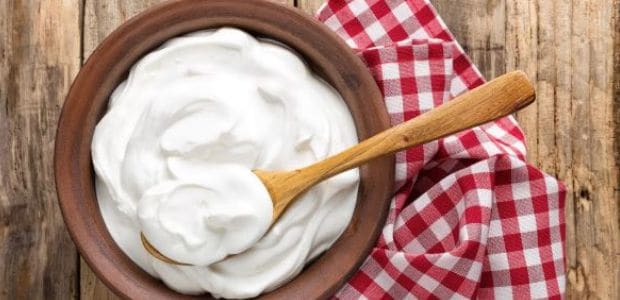 Yoghurt is a good source of protein.
Yoghurt is a good source of protein.Essential fatty acids
“Omega 3 and 6 are essential for heart health and are also known to tackle hypertension,” shared Yogacharya Anoop. Nuts, seeds, whole grains, cereals among others are great sources of essential fatty acids. Monitor you intake of the essential fatty acids as most of the ingredients can be calorific in nature.
Dry fruits, nuts, seeds and oils
Soaked walnuts and figs are excellent for lowering hypertension. Figs are high in sugar, therefore must be consumed in moderation. “You can try walnut oil (in winter) and cold pressed pumpkin seed oil – half a teaspoon in warm water just before turning in – a great remedy for hypertension,” concluded Yogi Anoop. Pumpkin seeds are good for tackling hypertension, these are loaded with magnesium.
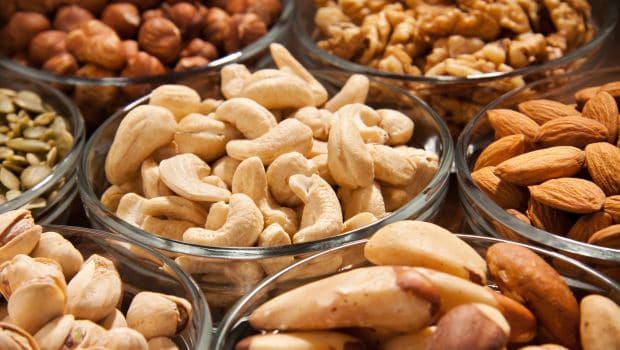
Things to keep in mind
Make sure that your daily sodium intake is less than 2400 mg. Monitor and regulate fat content in your daily diet, especially saturated fats and trans -fat. Check your cholesterol levels regularly,” concluded Dr. Sharma.
“Apart from maintaining a balanced diet and a healthy lifestyle it is important to keep anxiety and stress at bay. High blood pressure is greatly influenced by your state of mind as well. Also, ensure that there is no increase in the upward wind formation (burping) as it may also trigger or aggravate hypertension,” concluded Yogi Anoop.
Get in touch with a certified Ayurveda expert or your healthcare expert to learn more about hypertension and how you must tweak your diet to tackle the condition. Consult a doctor before making any amends to your diet.
[“source=food.ndtv”]




